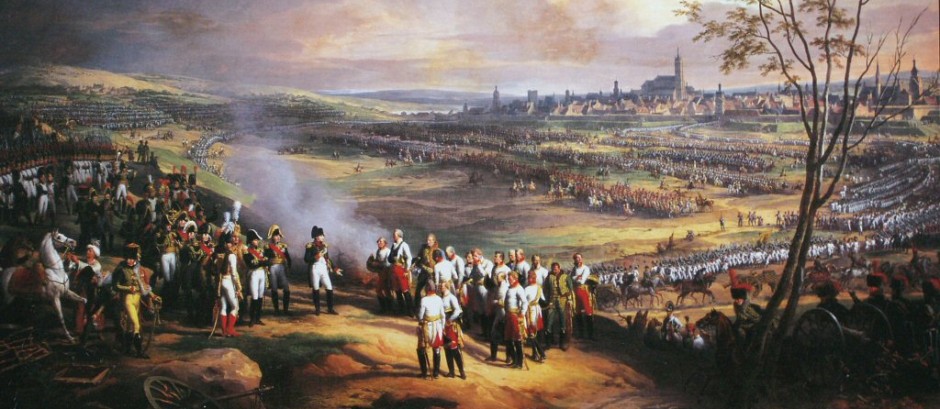Command Terms for Tests/Exams – the Instruction
Good answers to essay questions depend in part upon a clear understanding of the meanings of important directive or command words (instruction). These are the words (e.g., “explain”, “discuss”, “compare”, etc.) which indicate the way in which the material is to be presented. Background knowledge of the subject matter is essential, but mere evidence of this knowledge is not enough. For example, if you are asked to compare the constitutions of Britain and the United States, you will get little or no credit if you merely describe them. Or, if you are asked to evaluate the causes of the French Revolution, you are not answering the question if you merely list those causes. In both cases, the evidence must be worked with (analyzed) in terms of fulfilling the expectations of the question instruction (command words) in reaching a judgment. Thus, knowing the causes of the French Revolution is expected, credit is awarded when you take that knowledge of causes and argue a case for (using evidence to prove your point) which of those causes was the most important; by doing so you have reached a judgment by analyzing evidence. An essay is satisfactory only if it answers directly the question that is asked.
The following words are frequently used in essay examinations. Become familiar with their meaning and know how to proceed when so directed.
| Analyze | Break the subject (an object, event, or concept) down into parts. Then, explain the various parts and how they relate to the whole. “Analyze the major social and technological changes that took place in European warfare between 1789 and 1871.” |
| Assess the validity | Determine if the statement is true, false, or both true and false. “The Thirty Years’ War was fought for political reasons alone.’ Assess the validity of this statement.” |
| Compare | Examine for the purpose of nothing similarities and differences. “Compare the leadership qualities of Robespierre and Lenin.” |
| Contrast | Compare in order to show unlikeness or points of difference. “Contrast the rights of slaves and serfs.” |
| Criticize | “Make judgments as to merits and faults. Criticism may approve or disapprove, or both “Criticize the Alien and Sedition Acts.” |
| Define | Give the meaning of a word, phrase, or concept. Determine or fix the boundaries or extent of. “Define the term enlightened despotism” |
| Discuss | Talk over. Write about. Consider or examine by argument or form various points of view. Debate. Present the different sides of. “Discuss the policy of internment of Japanese-Americans during World War II.” |
| Enumerate | Mention or list separately. Name on after another. “Enumerate the main points of the Bill of Rights.” |
| Evaluate | Give the good points and bad ones. Appraise. Give an opinion regarding the value of. Discuss the advantages and disadvantages. “Evaluate the role played by the United States in the westernization of Japan.” |
| Explain | Make clear or plain. Make known in detail. Tell the meaning of. Make clear the cause or reason of. “Explain how the Medici family were able to rule without holding office.” |
| Illustrate | Make clear or intelligible as by examples. “Illustrate the glory and gory conquest of Latin America.” |
| Interpret | Explain the meaning of. Make plain. Present you thinking about. “Interpret the processes by which medieval civilization declined.” |
| Justify | Show good reasons for. Present your evidence. Offer facts to support your position. “Justify American isolationism in the 1930s.” |
| Prove | Establish the truth or genuineness of something by giving factual evidence or logical reasons. “Prove that the Industrial Revolution was or was not a benefit to humankind.” |
| Summarize | State or express in concise form. Give the main points briefly. “Summarize the major causes of the Protestant Reformation.” |
| Trace | Follow the course of. Give a description of the progress of . Ascertain by investigation. “Trace the course of 19th century French-German relations.” |
